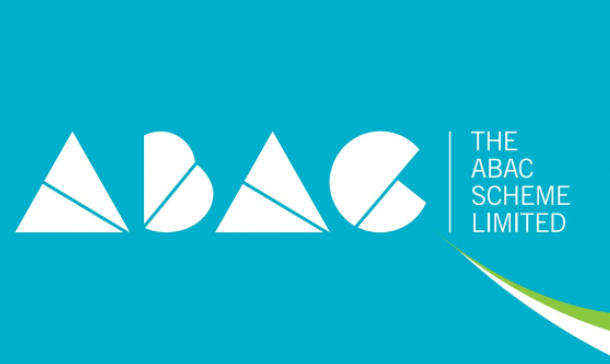Alcohol Beverages Advertising Code reports another record breaking year
Last year’s COVID restrictions and lockdowns have led to a new record in Alcohol Beverages Advertising Code (ABAC) determinations in 2021, exceeding the previous record figures seen for 2020.
In total, ABAC’s annual report for 2021 indicates that 288 complaints were made over the course of the year, with the ABAC panel making 153 determinations, of which 80 were upheld. This compares to 208 total complaints, 208 determinations, and 53 upheld cases in the regulatory body’s 2020 report.


